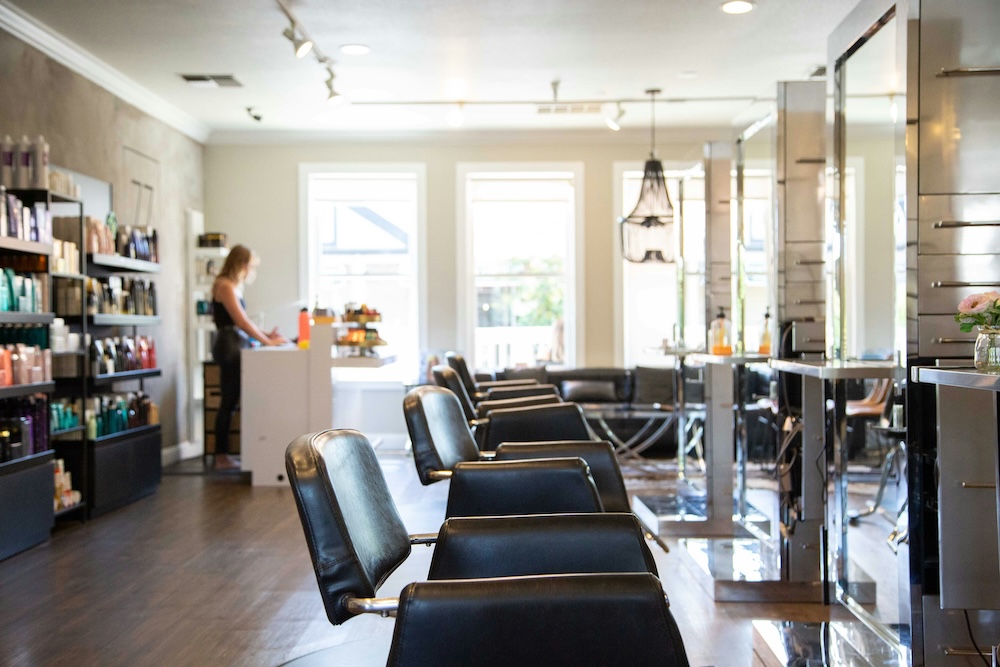
Quif Centre Stage Competition Reveals Winner
Quif Centre Stage Competition Reveals Winner
Colour brand unveils name at event in Manchester
by AMANDA | INFORM

Amelia Wilmot is the winner of the 2025 Quif Centre Stage competition.
Held at Fallowfield Social Club in Manchester, the event brought together five finalists and their models, alongside 10 hair show models presented by Quif ambassadors Brooke Evansand Georgia Bell.
Winner Amelia, based in Blackpool, is a member of Hair Socials Professional and a current Fellowship ClubStar member. Her innovative approach and stage presence set her apart on the night, impressing judges and grabbing her the title. Judges included Creative HEAD’s editorial director, Amanda Nottage.
“It represents the chance to show my creativity and passion for hair,” said Amelia of her win. “My look was all about movement. Fire is uncontrollable and wild and that’s exactly how I want to push myself in my career. Keep pushing the boundaries, never standing still and embracing the challenge of creating something new. It was a look that gave me a chance to create, and story tell with creative colour.”
The evening also featured a lively panel discussion with Brooke Evans, Joseph Ferraro, and NHBF chief executive, Caroline Larrissey, who debated some of the most concerningissues currently affecting the hairdressing industry.
Now in its fourth year, Quif Centre Stage is a celebration of emerging hairdressing talent, offering stylists the chance to showcase their skills in a live setting while connecting with leading industry professionals. The event was supported by the Alan Howard Education Team and co-working space Host Manchester, which provided the prep area and backstage facilities for the finalists.
Photography by Adam Cinelioglu, Kroma @kroma.prd





























